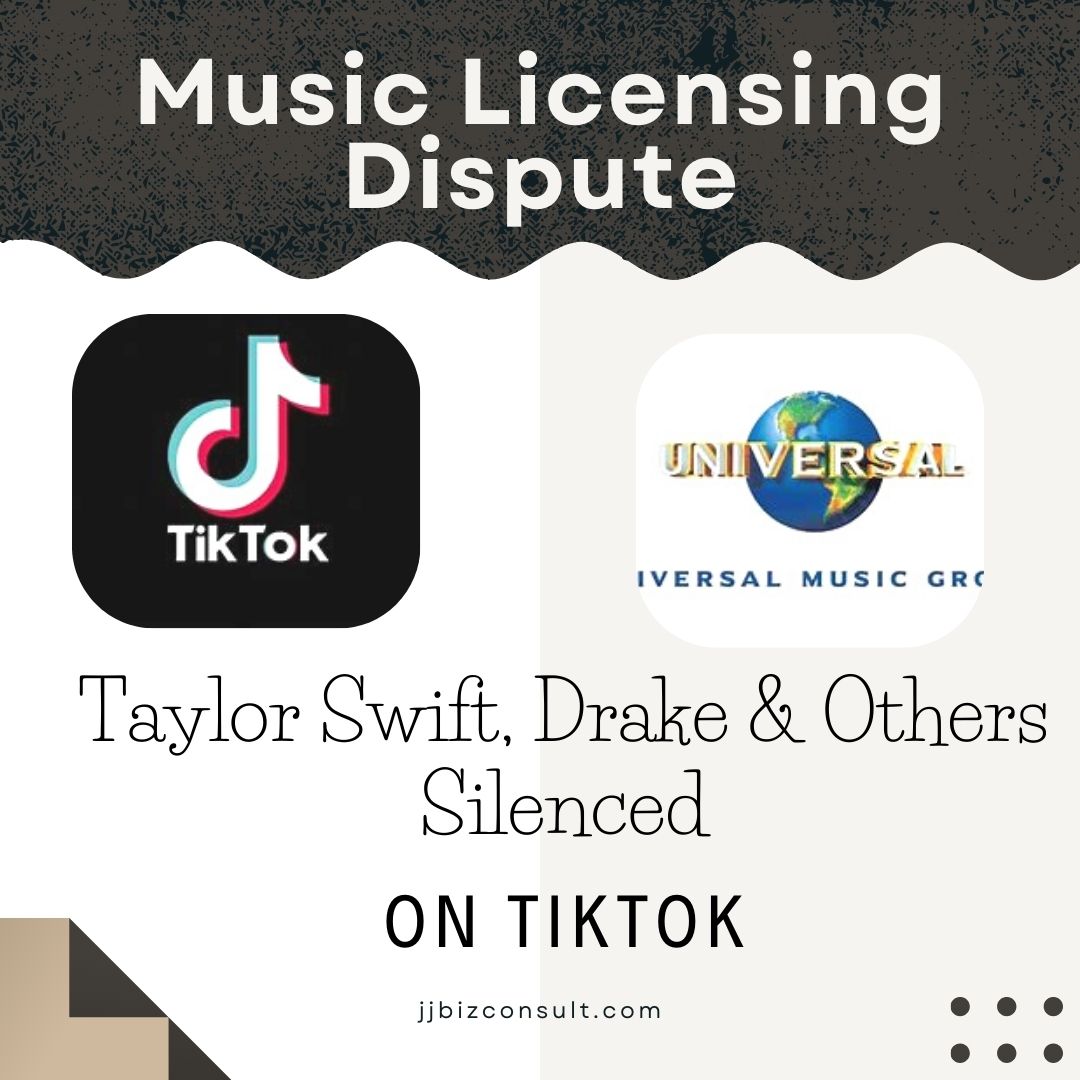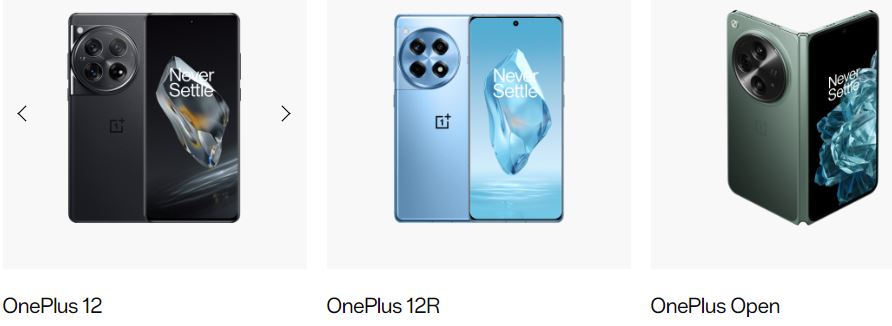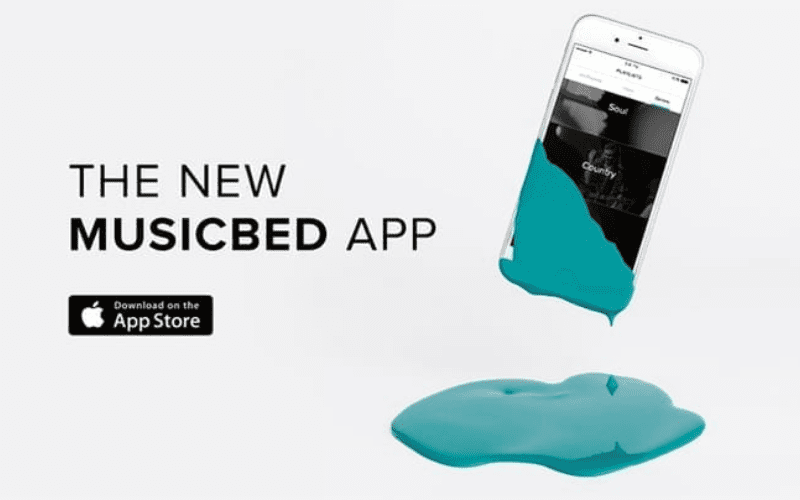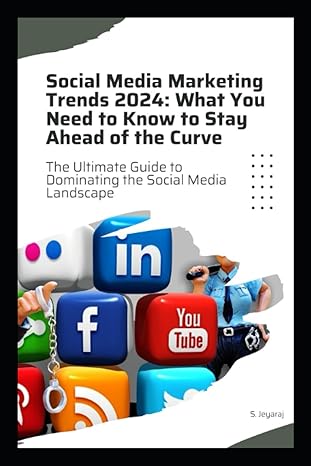Music Licensing Dispute on TikTok: Taylor Swift, Drake & Others Silenced – What You Need to Know

Music Licensing Dispute on TikTok: Taylor Swift, Drake & Others Silenced – What You Need to Know
A major music licensing dispute between TikTok and Universal Music Group (UMG) has sent shockwaves through the music industry. As of January 2024, millions of songs, including chart-toppers by Taylor Swift, Drake, and Bob Dylan, have vanished from the platform due to this ongoing conflict. But what exactly is music licensing, and why is it causing such a stir?
Understanding Music Licensing:
- Definition: Music licensing involves granting permission to use copyrighted music in specific ways, such as in videos or advertisements. This ensures fair compensation for artists and rights holders.
- Importance: Music licensing plays a crucial role in the digital age, regulating music usage across platforms like TikTok, YouTube, and social media.
- Benefits: Proper music licensing provides benefits for both platforms and artists:
- Platforms: Gain access to diverse music libraries, enhance user experience, and avoid copyright infringement claims.
- Artists: Receive compensation for their work, expand their reach, and gain exposure to new audiences.

The TikTok-UMG Dispute:
The current dispute hinges on several key issues:
- AI-Generated Music: UMG raises concerns about unauthorized remixes and potential copyright infringement using AI tools on TikTok.
- Fair Royalty Rates: UMG believes artists deserve a larger share of the profits generated by their music on the platform.
- User Safety: UMG expresses concerns about potential copyright infringement and user safety regarding unauthorized remixes.
Impact of the Dispute:
- Limited Music Selection: Millions of songs are unavailable, impacting content creators and potentially diminishing user engagement.
- Industry-Wide Repercussions: Other labels may follow UMG’s lead, potentially disrupting the entire music industry.
- Uncertain Future: The outcome of the negotiations remains unclear, leaving the future of music on TikTok in question.
Looking Forward:
This dispute highlights the complexities of music licensing in the digital landscape. As negotiations progress, the music industry and fans await a resolution that balances the needs of platforms, artists, and users. By understanding it and its importance, we can participate in informed discussions about the future of music in the digital age.

More on Music Licensing & Digital Rights Management
Music licensing is the process of granting permission to use copyrighted music. It is a legal requirement for businesses that play music in public, such as radio stations, restaurants, and bars. Digital rights management (DRM) is a technology used to protect digital content from unauthorized copying and distribution. In this blog post, we will explore the relationship between music licensing and DRM, and how they impact the music industry.
Music Licensing
It is a complex process that involves multiple parties, including record labels, publishers, and performing rights organizations (PROs). PROs are responsible for collecting royalties on behalf of songwriters and publishers. They issue licenses to businesses that play music in public and distribute the collected royalties to the appropriate parties.
According to a report by the International Federation of the Phonographic Industry (IFPI), the global recorded music industry generated $21.5 billion in revenue in 2020. Streaming services accounted for 62.1% of the total revenue, followed by physical sales (16.1%), digital downloads (10.3%), and synchronization (9.2%). The report also highlights the importance of music licensing in generating revenue for the industry.
Digital Rights Management
DRM is a technology used to protect digital content from unauthorized copying and distribution. It is commonly used in the music industry to prevent piracy and ensure that artists receive proper compensation for their work. DRM works by encrypting digital content and controlling access to it through digital keys.
According to a report by the International Federation of the Phonographic Industry (IFPI), the global recorded music industry lost $2.7 billion in revenue due to piracy in 2020. The report also highlights the importance of DRM in protecting the industry from piracy and ensuring that artists receive proper compensation for their work.
Music Licensing and DRM
Music licensing and DRM are closely related. Music licensing provides a legal framework for businesses to use copyrighted music, while DRM protects digital content from unauthorized copying and distribution. Together, they ensure that artists receive proper compensation for their work and that the music industry continues to thrive.
How does DRM work in the music industry?
DRM, or Digital Rights Management, is a technology used to protect digital content from unauthorized copying and distribution. It is frequently employed in the music sector to thwart piracy and guarantee that artists are rightfully remunerated for their creative efforts.
DRM works by encrypting digital content and controlling access to it through digital keys. he encryption procedure complicates unauthorized access to the content, and the digital keys ensure that only authorized users have the ability to access it.
DRM has been a controversial topic in the music industry due to its impact on consumers. Detractors claim that DRM limits individuals from legally copying or using content, for instance, through fair use or creating backup copies. On the contrary, advocates assert that DRM is essential to safeguard intellectual property and guarantee fair compensation for artists’ efforts. Source: Wikipeidia
Popular Music Licensing Companies
Here are some of the most popular ones:
- Musicbed: Offers a wide range of music genres and licenses for various types of projects.

2. Soundstripe: Provides a user-friendly platform with high-quality music and sound effects.
3. Epidemic Sound: Offers a vast selection of music and sound effects with a user-friendly interface.
4. Artlist: Offers a wide range of music genres and licenses for various types of projects.
5. Premiumbeat: Offers a wide range of music genres and licenses for various types of projects.
6. Marmoset: Offers a curated selection of music and sound effects with a focus on indie artists.
7. Pond5: Offers a wide range of music genres and licenses for various types of projects.
8. Audiojungle: Offers a vast selection of music and sound effects with a user-friendly interface.
9. Music Vine: Offers a wide range of music genres and licenses for various types of projects.
Conclusion
Music licensing and Digital Rights Management (DRM) stand as integral pillars within the music industry, serving a vital purpose in establishing a legal foundation for businesses to employ copyrighted music. Additionally, these mechanisms play a crucial role in safeguarding digital content against piracy, which is imperative for sustaining the industry’s growth and protecting the rights of content creators.
In the dynamic landscape of the music industry’s evolution, it becomes increasingly vital to guarantee that these frameworks adapt and endure, aligning with the evolving needs of both artists and businesses. As technology and consumer behaviors change, the ongoing refinement and adaptability of music licensing and DRM frameworks become paramount to fostering a thriving and equitable music ecosystem.
TikTok exciting new shopping and fulfillment centers are here





